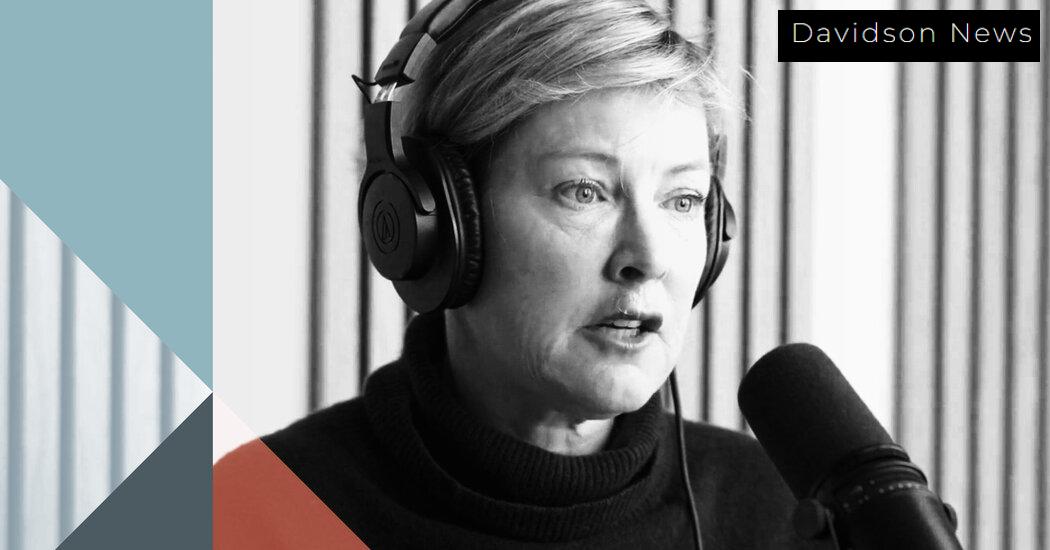A growing number of voices in America are raising a fascinating question: Are we stuck in a scarcity mindset that limits our potential? Recently, notable writers Ezra Klein and Derek Thompson released a new book titled *Abundance*, arguing that this scarcity mindset hinders our society from building essential infrastructure and services. Their ideas have sparked a whirlwind of discussion across various platforms, and here’s what you need to know.
The Central Idea of *Abundance*
In *Abundance*, Klein and Thompson argue that the idea of scarcity—where resources feel limited and insufficient—is a choice we make. They believe that embracing a mindset of abundance can lead us to greater innovations and changes in society. By advocating for more governmental support and intervention, these authors suggest we can overcome the obstacles that hold us back from achieving a better future.
What They Propose
The authors present a vision for a future where technology and thoughtful planning can eliminate barriers, suggesting specific actions that can lead to societal improvements. They mention concepts like green energy and improved infrastructure, positioning proactive government involvement as crucial in getting things done. However, their proposals are met with mixed reviews, sparking debates about the feasibility of their ideas.
Amidst the Criticism
Despite the ambitious vision laid out in *Abundance*, some critics worry that the authors overlook important economic principles. For example, they suggest that technological innovations like laser-ignited nuclear fusion could solve our problems, but critics point out that technology has limitations that these proposals seem to ignore. This concern raises questions about how realistic their plans are in the real world.
Infrastructure Challenges
One of the key examples cited in their book is California’s high-speed rail project. The authors argue that this project exemplifies the failings of our current system—a situation where inadequate planning and political bickering have stalled significant progress. They blame both political parties for misunderstanding the role of government in building critical infrastructure. According to Klein and Thompson, it’s time to rethink how we approach projects that serve the public good.
Human Impact and Economic Realities
Interestingly, Klein and Thompson not only focus on overarching economic systems but also emphasize the human element, discussing how a scarcity mindset can adversely affect people’s lives. They explore how limited thinking creates systemic issues like economic inequality, leading to challenges that many citizens face today. Their argument highlights the urgency of moving beyond this mindset to create a brighter future.
Could This Be a Solution?
Klein and Thompson promote the idea of ‘supply-side progressivism’ as a way forward—an approach that encourages governments to actively engage in increasing supply rather than just focusing on demand. This perspective has inspired hope among some who wish to see a world where everyone can access the resources they need, but whether this can be achieved without substantial effort and rethinking of old policies remains a question.
Your Role in the Conversation
If you’re wondering how you can be involved in shaping this discussion, start by reading *Abundance* and exploring the ideas presented within. Having conversations about how we can shift our mindset from scarcity to abundance could influence everything from local community projects to broader national policies. It’s essential to engage critically with these ideas, understanding both their potential and their limitations.
Conclusion: A Call to Action
In summary, *Abundance* by Ezra Klein and Derek Thompson invites us to consider whether we can escape a scarcity mindset that has long governed our discussions around resources and infrastructure. The debate it has ignited reflects a deep desire for change among many Americans—and ultimately, only time will tell if their ideas inspire a real transformation in how we think about our future.
